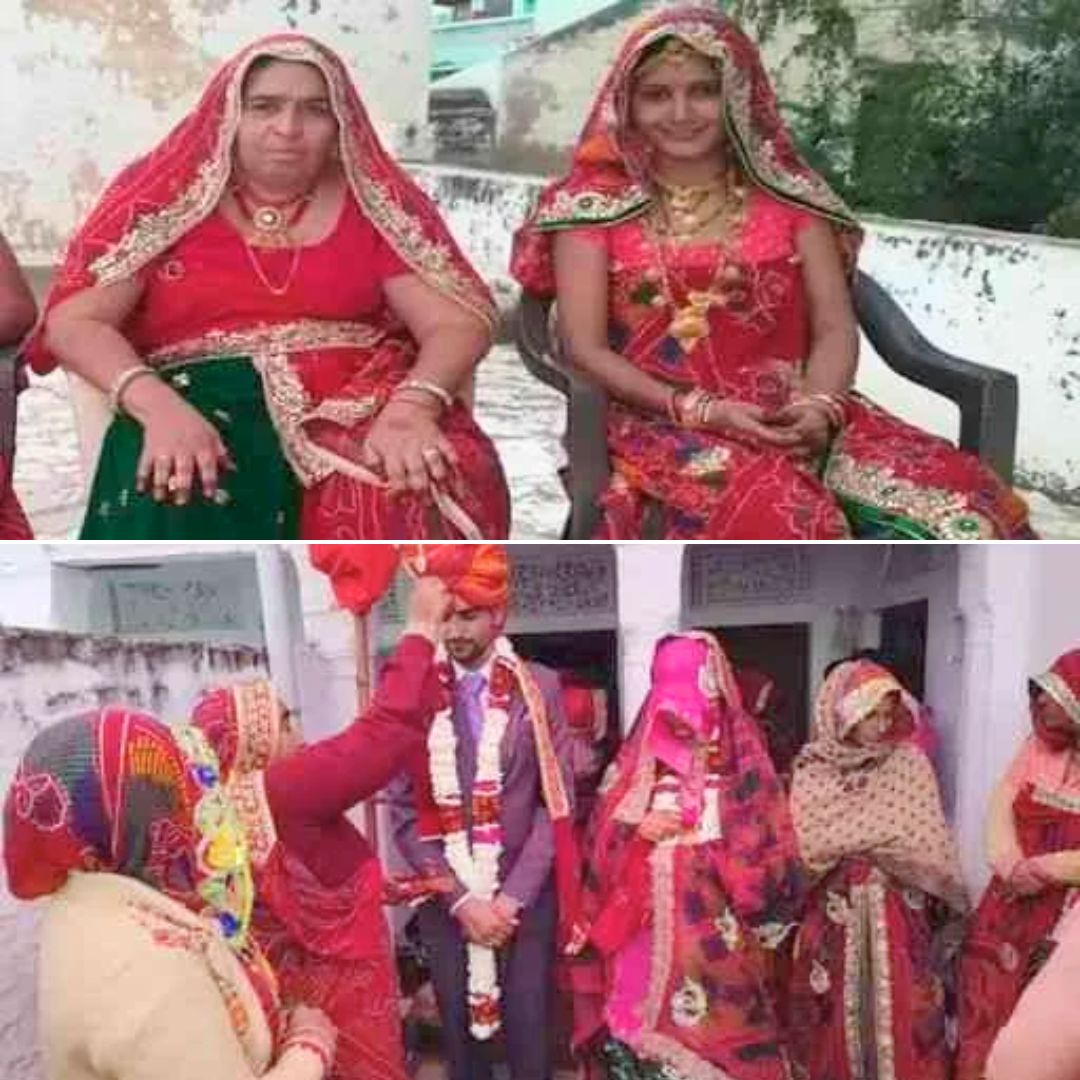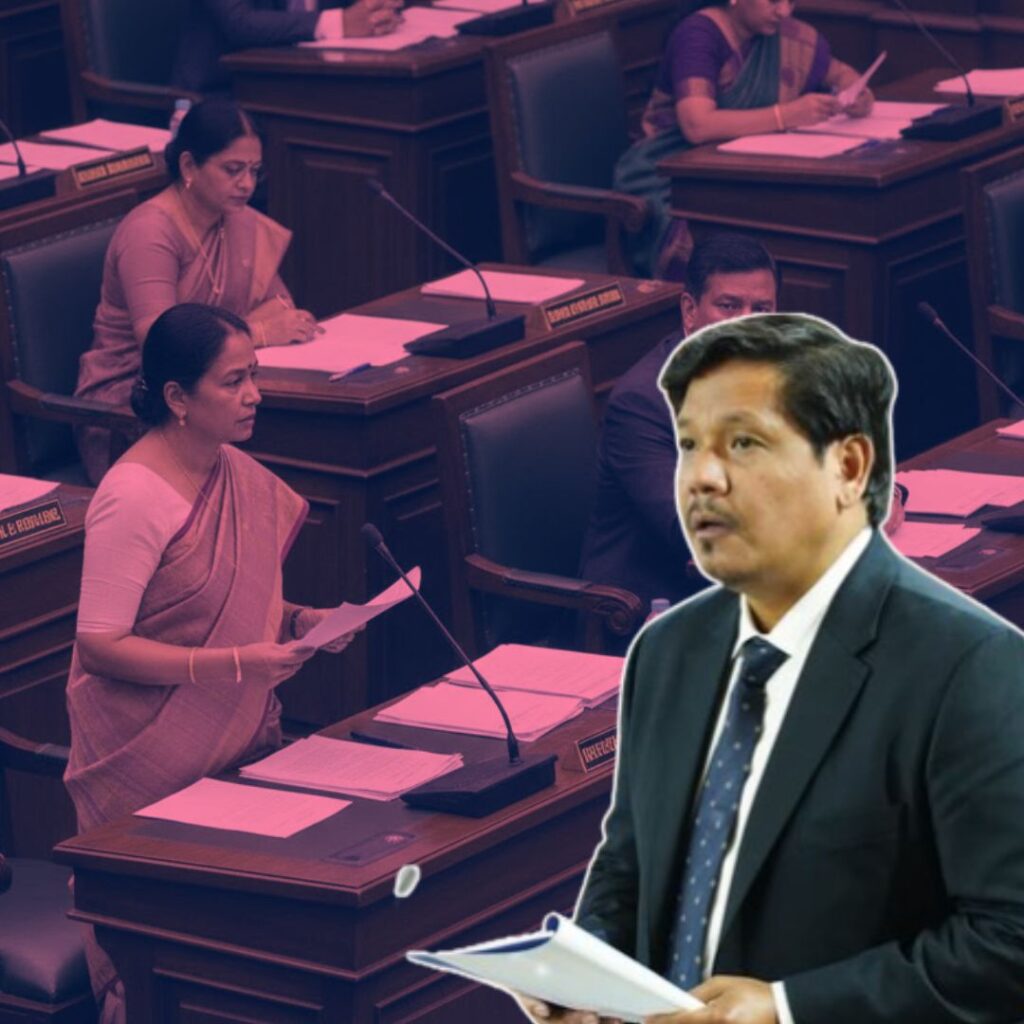After the sudden death of her son just six months into marriage, Kamala Devi from Sikar, Rajasthan, chose compassion and empowerment over grief. She supported her daughter-in-law Sunita to pursue higher education, completing her Master’s and B.Ed., and now Sunita teaches History at a government school.
Kamala also helped Sunita rebuild her personal life by arranging her remarriage to Mukesh, a CAG auditor from Bhopal. Kamala’s story is a powerful example of resilience, love, and transformative support through adversity, showing that family is about lifting each other up beyond blood ties.
Education as Empowerment
Kamala Devi, herself a government school teacher, recognised the transformative power of education. After Shubham’s untimely death, she motivated Sunita to channel her energy into studies rather than succumb to societal stigma often faced by widowed daughters-in-law.
Kamala’s consistent encouragement and help enabled Sunita to acquire credentials that empowered her to build a career and secure her economic independence. Today, Sunita educates children in History, inspired by the very support that lifted her from despair. This pathway of education has not only imparted knowledge but rebuilt Sunita’s self-esteem, equipping her for a brighter future.
A New Chapter: Remarriage and Renewal
Breaking social taboos, Kamala Devi took on the vital role of arranging Sunita’s remarriage. She personally performed the traditional “kanyadan” ceremony, a symbolic blessing and acceptance, as Sunita married Mukesh, a CAG auditor based in Bhopal.
Mukesh’s family warmly embraced Sunita, providing her a nurturing environment filled with hope. Kamala’s intervention highlights the importance of fostering acceptance and new beginnings for widowed women, challenging regressive social norms that isolate them. From grief to growth, Kamala reshaped not only Sunita’s life but became a beacon of hope for many in their community.
The Logical Indian’s Perspective
Kamala Devi’s journey profoundly illustrates how empathetic action within families and communities can transform lives.
The Logical Indian believes such stories should inspire widespread cultural shifts towards kindness, inclusion, and empowerment, especially for women navigating hardship. As societies evolve, it is essential to champion not just survival but thriving through collective support and resilience.













